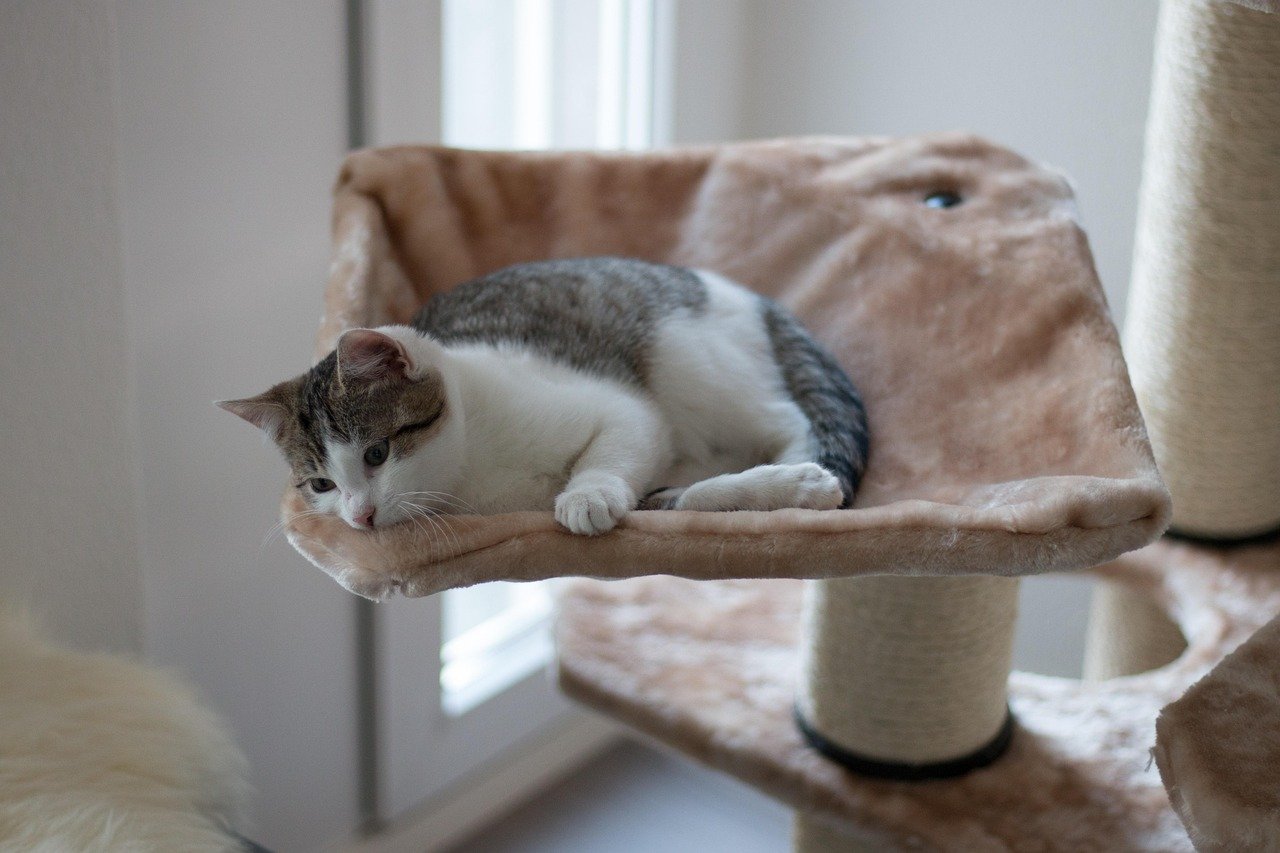1.The Spread of Bird Flu Among Cats
Since 2022, over 80 domestic cats have been infected with H5N1, a dangerous strain of bird flu. Most of these cases were among barn cats, feral cats, and outdoor pets. These cats likely caught the virus by hunting sick rodents or wild birds. More recently, house cats have also been getting sick after eating raw food or drinking unpasteurized milk, and some of them have died.
2.Is Bird Flu Dangerous to Humans?
Although H5N1 hasn’t shown a strong ability to spread from cats to humans, experts warn that there’s always a risk. Cats can bring home diseases after spending time outdoors. Since many people cuddle with their cats, there is a chance of exposure.
Virologist Angela Rasmussen notes that cats are a “public health risk” because of their close contact with humans. She suggests that by keeping cats safe from the virus, we can also reduce the risk to ourselves.
3.Signs of Bird Flu in Cats
Cats with bird flu may show symptoms like a runny nose and eye discharge. They might also experience dizziness and seizures, which are similar to rabies symptoms. Rabies is fatal in cats and poses a danger to humans, so it’s important for cat owners to make sure their pets are up to date on vaccinations.
4.How to Protect Your Cat and Yourself
Not every sick cat has bird flu. Cats often get upper respiratory illnesses, which are common and not always serious. Veterinarian Jane Sykes emphasizes that it’s rare for a cat to have H5N1, especially if they only eat commercial pet food.
Despite this, some people still feed their cats raw meat or unpasteurized milk, believing it’s more natural. However, these foods can also carry harmful bacteria like salmonella and listeria, in addition to bird flu.
Veterinarians advise pet owners to avoid feeding raw diets to their pets to help reduce the risk of bird flu and other diseases.
5.More Cases and Growing Concerns
The risk of bird flu spreading to humans through cats is still low, but it is not zero. The U.S. Food and Drug Administration (FDA) has recently required pet food companies to update their safety plans due to bird flu concerns. This follows a case in Oregon where a strictly indoor cat died after eating a raw turkey product infected with H5N1.
In California, five cats tested positive for the virus after drinking raw milk from a local dairy. The dairy recalled its products, but still disputes the safety concerns.
6.Could Cats Infect Humans?
While it’s rare, there have been instances of cat-to-human transmission of bird flu. In 2016, a veterinarian in New York caught a different strain of bird flu, H7N2, from infected cats.
Fortunately, the vet recovered quickly.
Virologists caution that if bird flu continues to spread in animals, it could eventually mutate and become more transmissible to humans. Researchers are closely monitoring the situation to prevent a possible outbreak.
7.What’s Next for Bird Flu?
Scientists worry that the H5N1 virus could change over time, becoming better at spreading between people. A process called reassortment, where two viruses combine, could create a new, more dangerous strain. However, experts believe this is unlikely to happen with cats, especially since they don’t spread flu the same way as humans or pigs.
Despite the risks, the overall chance of a major human outbreak remains low, but scientists are closely watching for any changes in the virus.
8.Keeping Your Cat Safe
To reduce the chances of your cat getting infected, experts recommend not feeding them raw food or unpasteurized milk. It’s also important to limit their outdoor exposure and keep them away from wild animals that might be carrying the virus.
9.Conclusion
While the risk of bird flu spreading from cats to humans is low, it’s important for pet owners to stay informed and take precautions. By keeping cats indoors, feeding them safe food, and following the advice of veterinarians, we can help protect both our pets and ourselves from this potentially dangerous virus.
Source:KFF Health News




